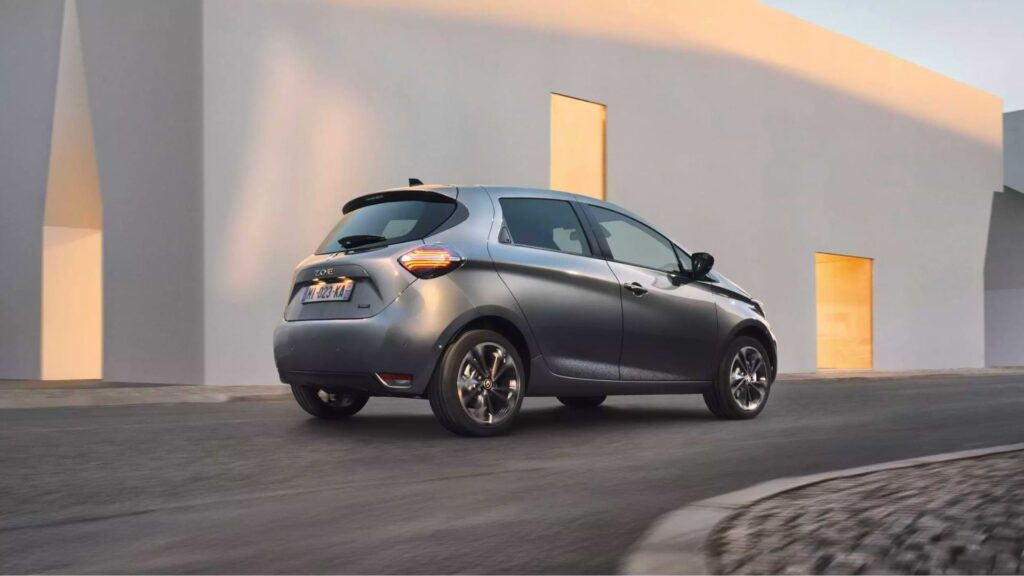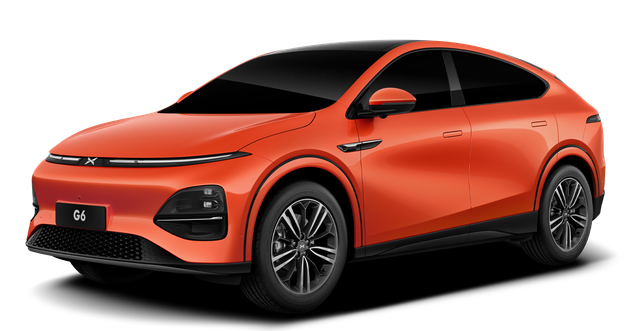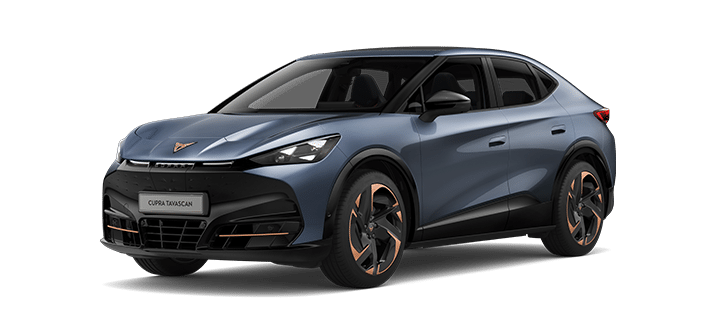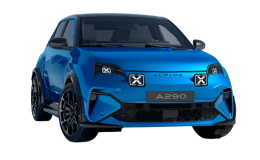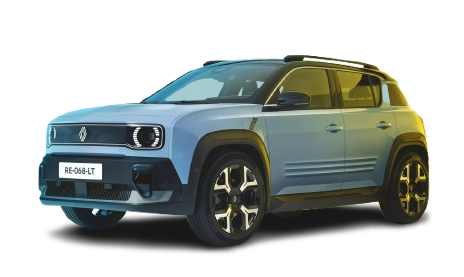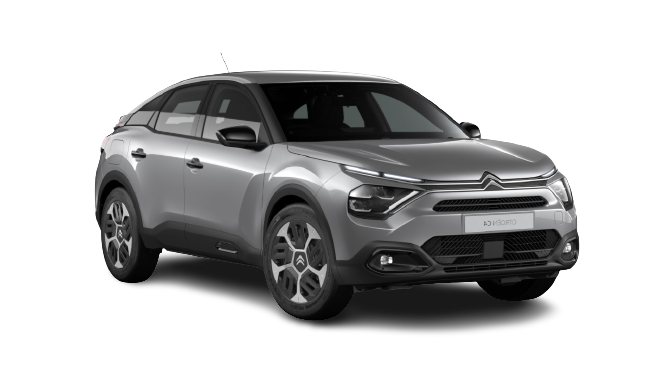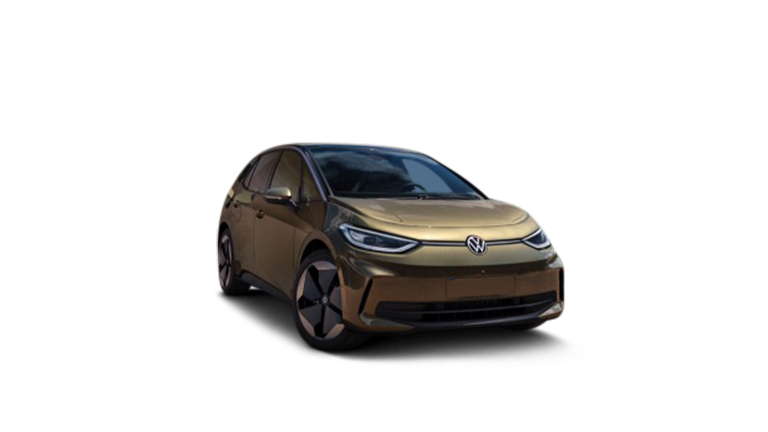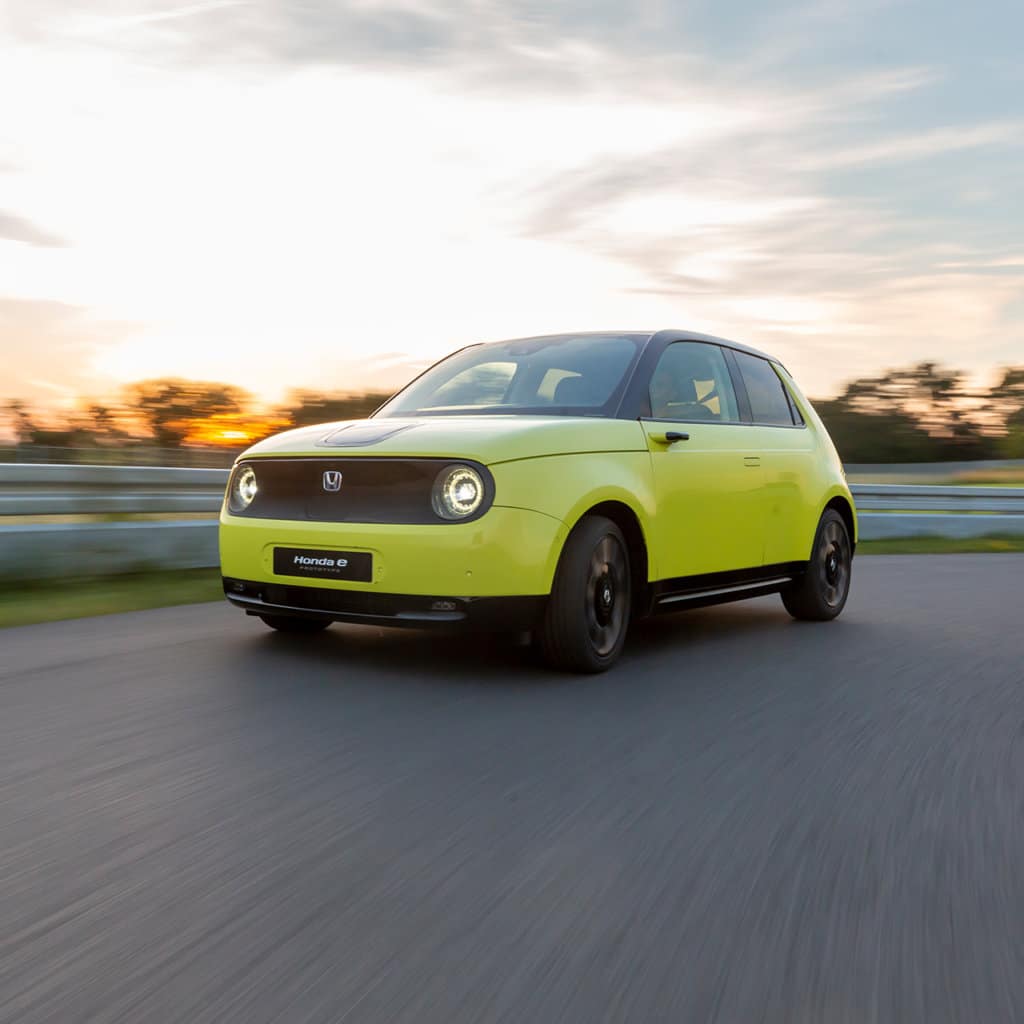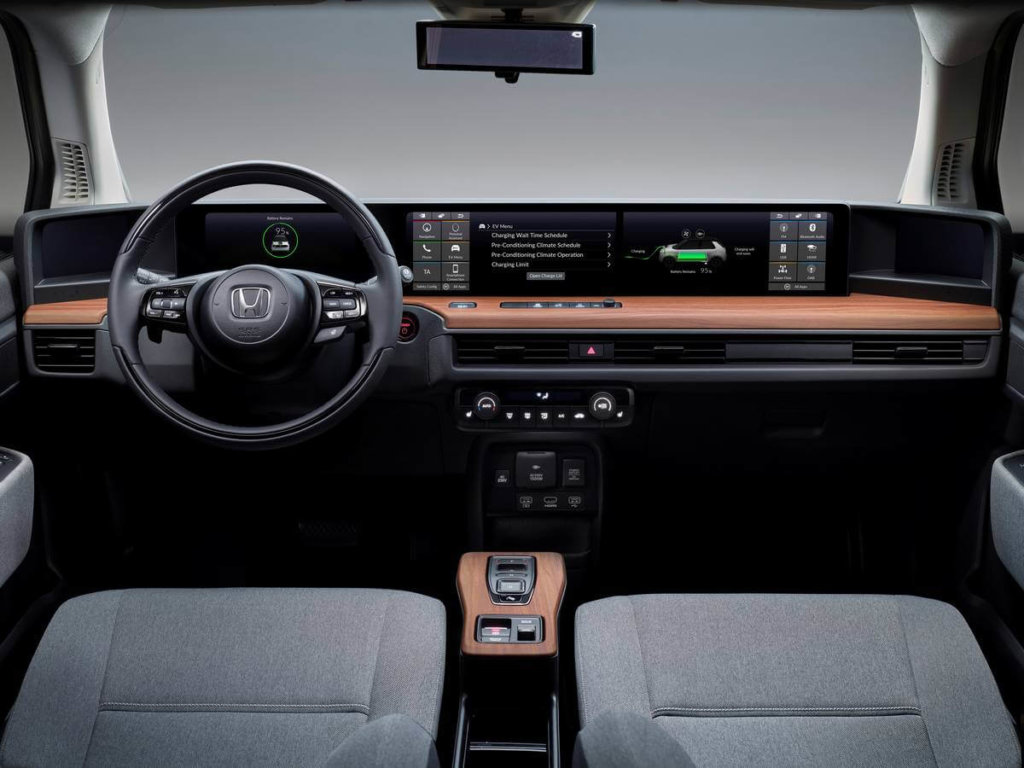
Electric cars and the environment
Electric cars are becoming increasingly attractive in a world where reducing CO2 emissions and pollution is a growing concern for many people who want to protect our planet from global warming.
In environmental terms, the electric car wins its duel with the combustion engine car hands down. According to a study carried out by ADEME in partnership with FNE, an electric car emits between 2 and 3 times less CO2 than a combustion-powered car, taking into account its entire life cycle (from manufacture to end-of-life). And even in terms of other environmental indicators, the performance of an electric car can be comparable to or even better than that of a combustion-powered car. Contrary to what we sometimes hear, electric cars are far more environmentally friendly than combustion-powered cars, even when batteries and electricity generation are taken into account.
What's more, one of the main advantages of electric cars is their contribution to improving air quality in cities. This means cleaner streets and healthier cities.
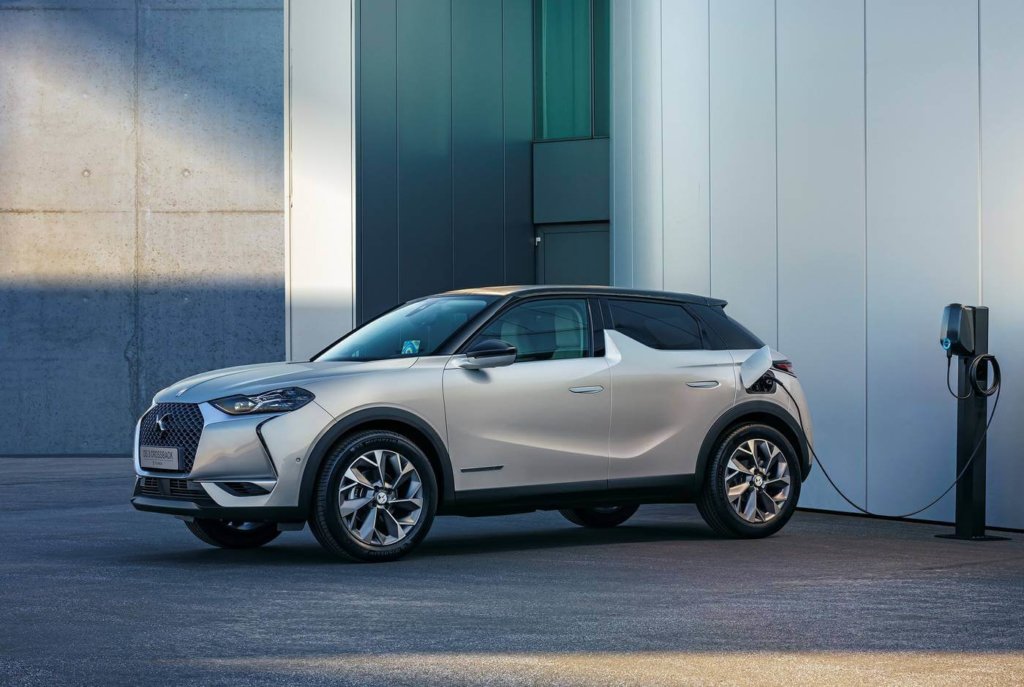
Global awareness
All electric! Seems to be the watchword given by most carmakers for the decade ahead. Peugeot is launching its e-208 and e-2008, Volkswagen its ID range, Audi its e-tron, Mercedes its EQ, Honda its "e", Mazda its MX30. Not to mention older players such as Renault, Nissan and even Tesla.
Even prestige brands like Porsche, Lotus and Maserati are getting in on the act. But why is the movement gathering so much momentum now?
If there's a general awareness of the need to protect the environment, carmakers are also on board. Indeed, the main reasons for the acceleration in investment in electric cars may well be CO2 and the reduction in thecarbon footprint of the global car fleet.
CO2 is a greenhouse gas used by combustion-powered cars, and therefore a factor in global warming, while an electric vehicle's engine does not emit CO2 when running.
In addition, carbon dioxide emission standards could force carmakers to pay fines of up to several billion euros if they fail to meet the European CO2 standards for 2020(CAFE2021). A 2013 agreement between the European Parliament and the European Commission gives automakers until December 31, 2020 to reduce carbon dioxide(CO2) emissions from passenger cars to 95 grams per kilometer, failing which the groups will have to pay a fine of 95 euros per car sold and per gram in excess.
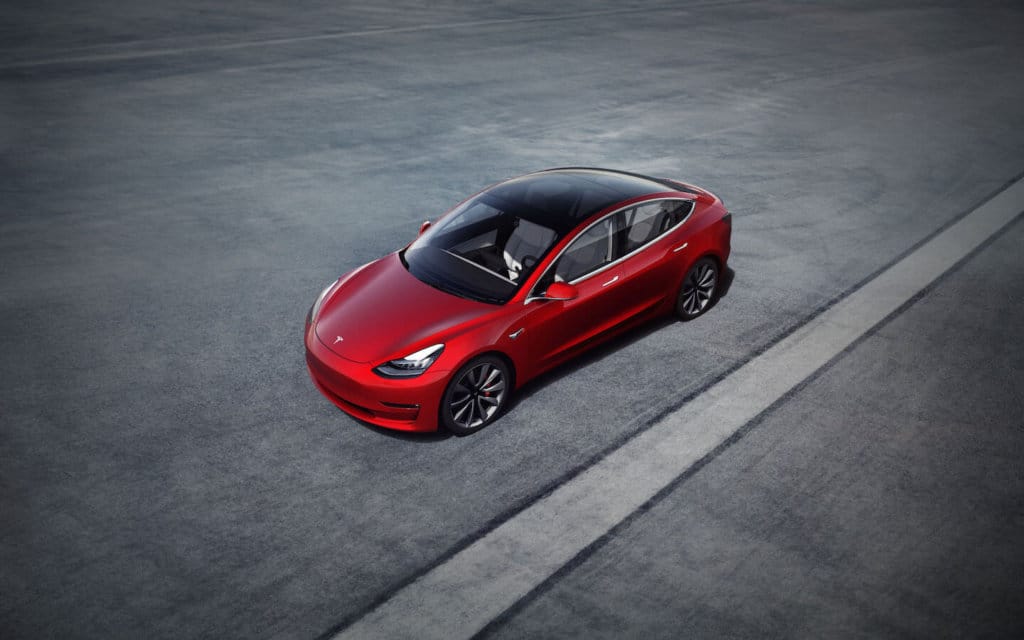
The number of electric cars registered in France
Via the infographic below, you can see that the progression of electric vehicle registrations is impressive! In 2021, 162,114 new 100% electric cars were registered in France, representing a 9.8% share of the French car market.
Towards the end of combustion-powered cars?
The FrenchNational Assembly has voted to end the marketing of gasoline and diesel-powered vehicles in 2040. This text is part of the French law on the orientation of mobility. It's true that ending the use of petroleum-based fuels is an idea that is increasingly appealing to different countries around the world:
- Paris: the city of Paris has officially announced its intention to be diesel-free by 2024 and petrol-free by 2030.
- California: California, strongly opposed to the Trump administration's lax approach to environmental issues, is even threatening to ban this type of motorization from its territory in the very near future.
- Ireland: our Irish friends have already announced a ban on the sale of internal combustion models by 2030, and a ban on the use of this type of engine on the road from 2045.
Today, the electric car is at the heart of automakers' strategy, as it represents the future of the sector. From 2021, cars sold in the European Union will have to emit no more than 95g of CO2 per km, compared with 130g/km today. Automakers are betting on the electrification of their ranges, enabling the sector to grow from strength to strength and bring more choice to users.
Demand growth forecasts are accompanied by a clear increase in supply across the segment, with a host of new models added every year.
By 2037, the number of electric car sales could exceed those of combustion-powered cars. This would be a first, as combustion-powered cars have always outperformed their competitors.
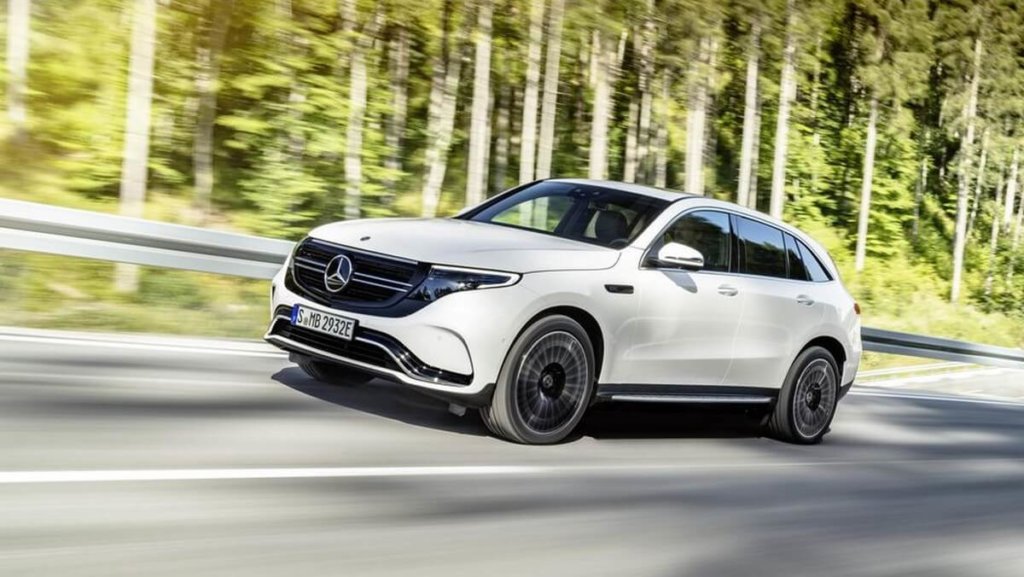
The electric car market: worldwide development
In contrast, the automotive market is in decline in terms of car sales. The electric car is going in the opposite direction, with developments all over the world.
France on the podium
France ranks eighth in the world, just ahead of South Korea and Italy. Nevertheless, France can congratulate itself on its contribution to the development of environmentally-friendly cars: the small Renault Zoé electric car was a success, with 24,200 vehicles sold in the first six months of the year and a market share of 15.1%. The French electric city car is the second best-selling 100% electric vehicle in Europe, just behind Tesla's Model 3, which sold 37,200 units.
China: a setback on the world stage
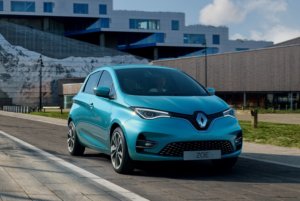
China is the world's seventh-largest market for electric vehicles. . China has mandated automakers to sell 10% electric cars by 2019.
This is motivating Chinese carmakers to focus more on a market that will see demand explode in the coming years.
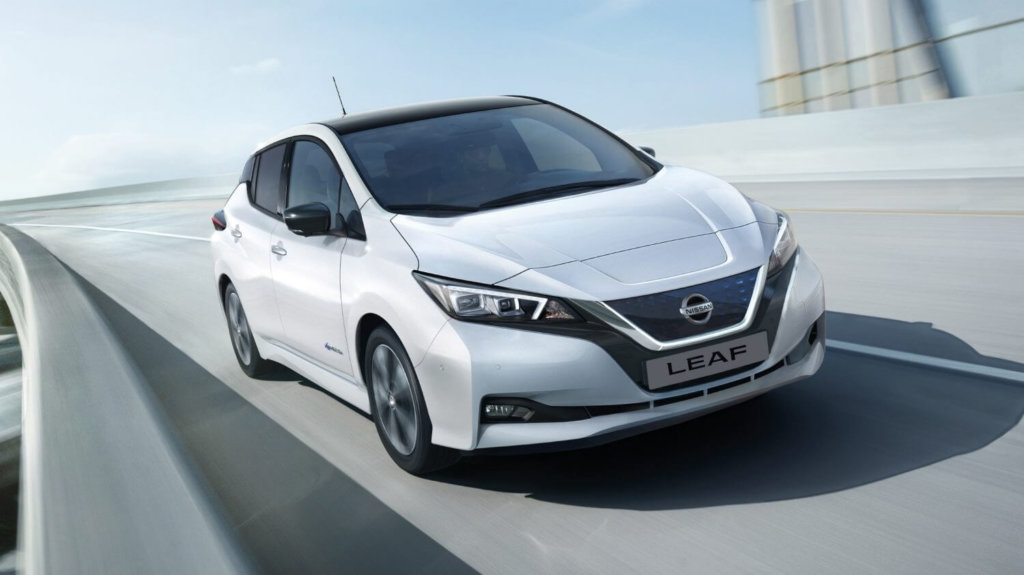
Simply compare and find
the vehicle that's right for you
US electric car sales on the rise
In the United States, sales of electric cars continued to grow strongly over the last half-year, despite the difficult regulatory environment, notably the strong influence of oil within Donald Trump's administration and sales problems at Tesla.
In Connecticut, for example, Tesla 's direct sales to the public have been declared illegal on the basis of an old law which reserves the monopoly on car sales for dealers alone. Tesla sells its cars directly in "stores" or "galleries" and on the Internet. In Wisconsin and other states too, pressure groups have succeeded in banning the sale of Tesla cars. Some US states, such as Illinois, even impose a higher tax on electric vehicles than on combustion-powered cars.
In New York, Tesla and more specifically its Model 3 has become the first electric car to be authorized as a "Yellow Cab". The Tesla Model 3 is now officially on the list of vehicles approved by New York City Hall for use as cabs.
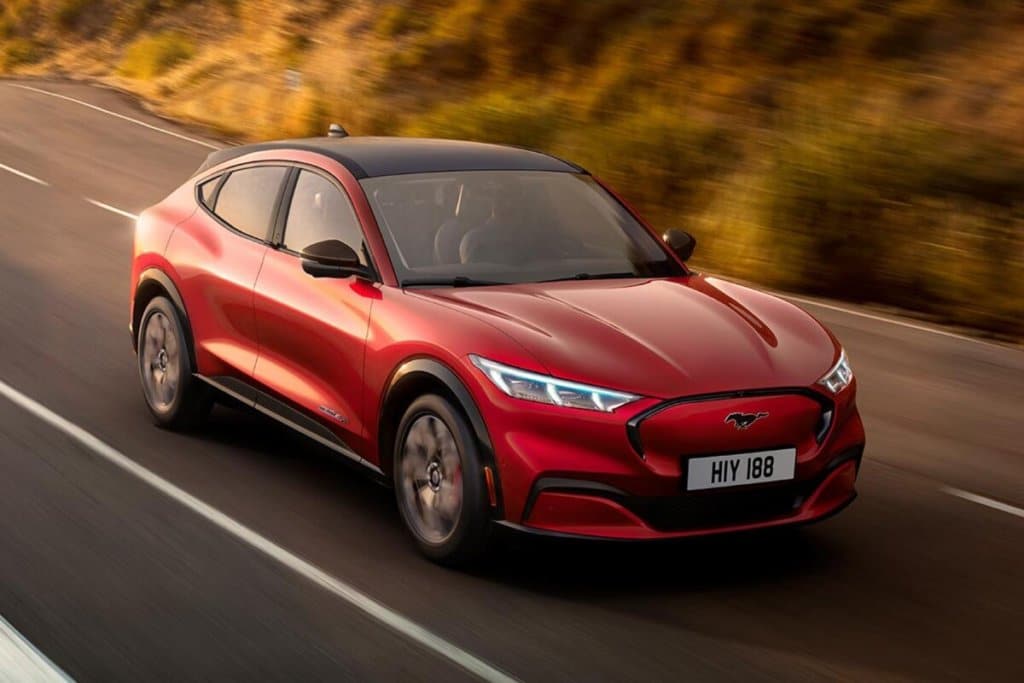
Norway: the world's leading market
Norway leads the European electric vehicle market, ahead of Germany.
One of the reasons for this is the Norwegian government's 100% electric car policy, which aims to eliminate all combustion engine vehicles, both diesel and petrol, in the country by 2025.
To this end, Norway has waived all import taxes on electric models and their sale, as well as registration fees. The government has also voted to give 100% electric vehicles free access to toll roads, and to provide free charging stations in certain urban areas.
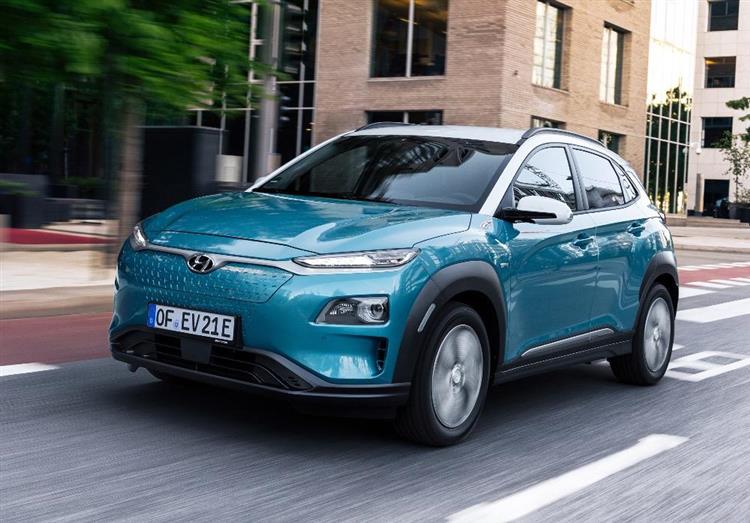
Germany on the podium
In Germany, the electric car is on the move. With a 13.6% share of electric vehicles, Germany is in fourth place. Berlin registered just over 31,300 100% electric cars and 16,280 plug-in hybrids for private customers. This puts the country in second place among European countries for electric vehicles. In addition, Germany becomes the Old Continent's leading electrified fleet, and Europe's second best-equipped country in terms of charging stations (28,400), behind the Netherlands (39,200), with Norway only fifth (12,600). Nevertheless, although Germany occupies fourth place in the ranking, the number of charging stations remains fairly limited. Considering that Germany has a population of 80 million.
Long lagging behind the likes of Tesla, Renault and Nissan in electro-mobility, Germany's powerful automotive industry seems to have finally realized that the imminent emergence of the electric vehicle threatens its supremacy, and that it can no longer be held back or ignored. With 40 billion euros of investment earmarked for electric vehicles over the next 3 years, the German industry is even aiming to become the new champion in this field, announcing no fewer than 150 new electric models by 2023.
Germany's Marshall Plan
As Germany prepares to launch a massive offensive in the electric car segment, the German authorities have decided to step up support measures for the industry. On the occasion of the launch of production of the Volkswagen ID.3 in Zwickau. German Chancellor Angela Merkel made official the introduction of a new infrastructure plan.
Germany aims to have 1 million charging stations by 2030. To achieve this, Angela Merkel plans to invest 3 billion euros between now and 2023 to accelerate the deployment of charging points for electric vehicles, as well as hydrogen stations. From 2020, an initial €50 million will be made available to support the deployment of infrastructure in the private sector.
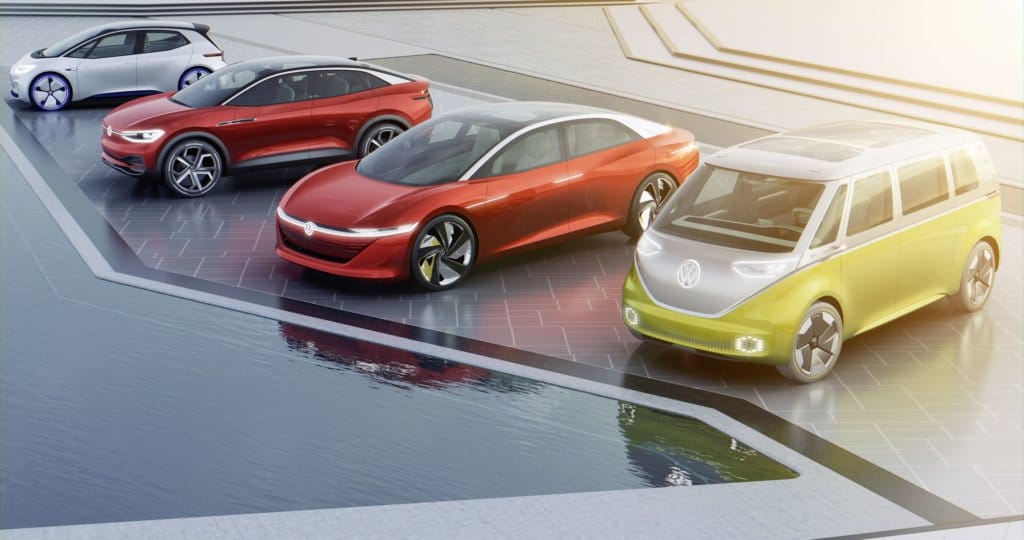
Ranking: the world's best-selling electric cars in 2021
Which electric car sold the most in 2021? Unsurprisingly, Tesla crushed the competition with 21% of the global electric market.
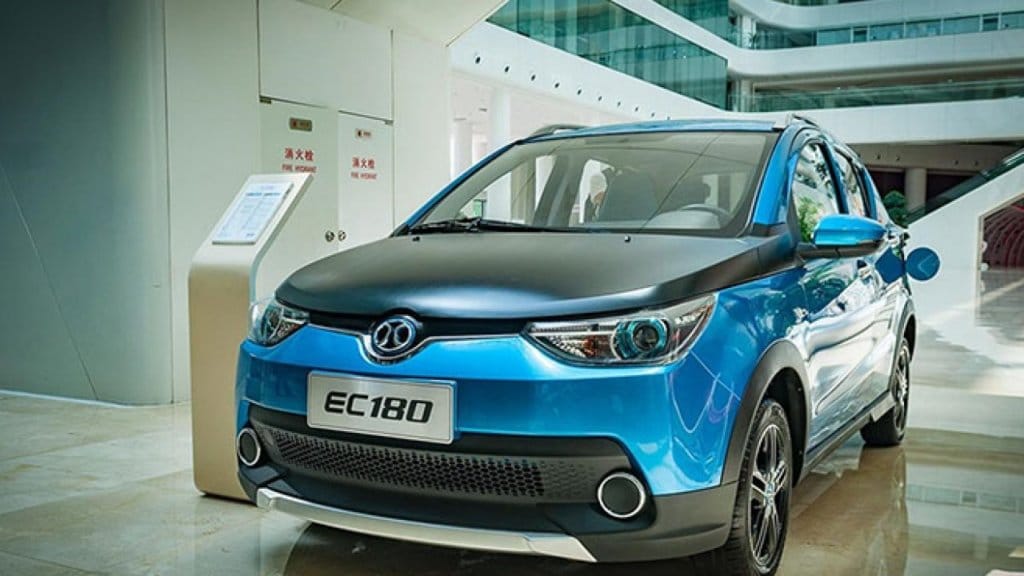
- Tesla Model 3: 500,713 units sold
- Wuling HongGuang Mini: 424,143 units sold
- Tesla Model Y: 410,517 units sold
- BYD Han: 51,083 units sold
- Renault Zoé: 77,122 units sold
A promising future
The electric car market has been growing for several years now. And there's no end in sight. In 2021, Tesla Model 3 won the award for the world's best-selling car. But with carmakers betting more and more on EVs. The next generation of electric cars could turn everything upside down.
Our experts answer your questions with a smile
Monday to Friday 9h 12h30 - 14h 19h
